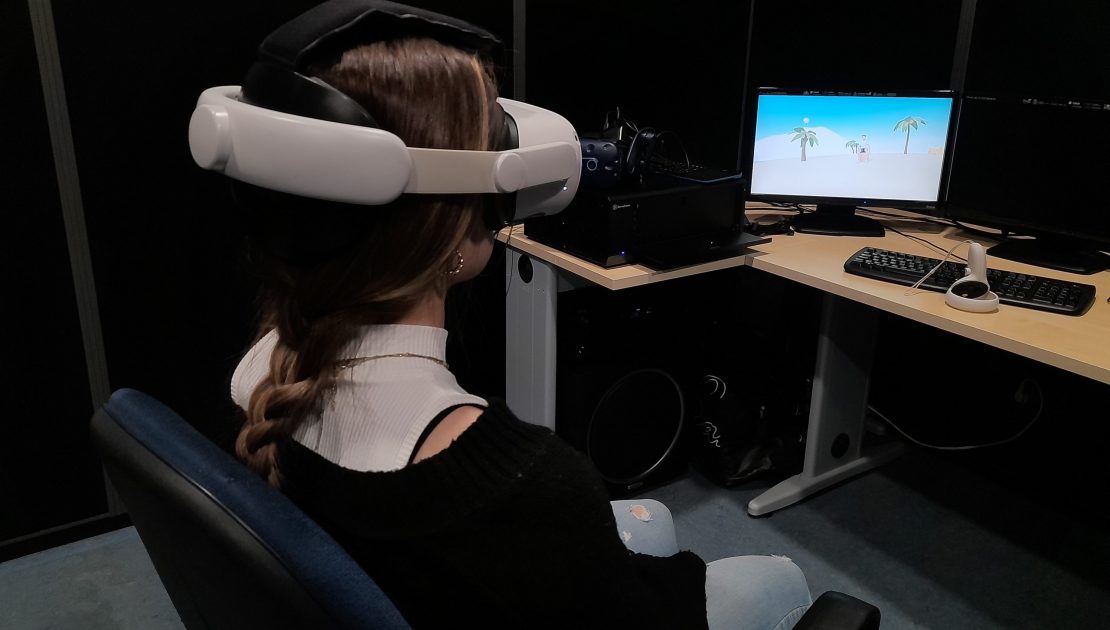
Relaxation techniques are no longer limited to yoga mats or breathing apps. Recent research suggests that immersive Virtual Reality can play a powerful role in reducing stress and promoting calm. By simulating peaceful environments and guiding users through proven methods like Progressive Muscle Relaxation, virtual reality is becoming a new tool in mental well-being.
The Science Behind It
Progressive Muscle Relaxation is a well-established method where people tense and then release specific muscle groups to achieve a state of deep relaxation. Traditionally, it’s practiced with eyes closed, guided by voice or audio.
However, new studies show that when PMR is delivered through immersive virtual environments, participants can achieve similar levels of relaxation and satisfaction compared to traditional methods, and in some cases, even greater motivation to stick with the program. Participants reported feeling calmer and more engaged, and many preferred the VR format because it helped them focus better on the exercises.
Why Virtual Reality Works
Virtual environments offer a level of sensory immersion that can enhance concentration and emotional engagement. By placing users inside a calm forest, a beach, or under the sea, the technology reduces external distractions and creates a space that feels private and controlled, essential factors for effective stress reduction.
Moreover, VR can increase adherence: people are more likely to continue relaxation programs when they find the experience enjoyable and novel. That’s particularly relevant in educational or workplace settings where maintaining attention can be difficult.
The Broader Picture
While VR doesn’t replace traditional mindfulness or relaxation techniques, it offers a promising complement. It can reach populations that struggle with conventional methods, such as individuals who find it hard to close their eyes or maintain focus. As VR hardware becomes more affordable, its integration into mental health, education, and occupational wellness programs will likely grow.
Learn more
The findings mentioned here are supported by a recent study published in IEEE Access: “Can Immersive Virtual Reality Environments Improve Stress Reduction? Experimental Design with Progressive Muscle Relaxation Training”.
KEYWORDS
#VirtualReality #VR #relax #pmr #progressivemusclerelaxation #phsychology #relaxation
Cite as:
- XRAI Lab. (2025, October 23rd). Can Virtual Reality really helps us relax – XRAI Lab. https://xrailab.es/2025/10/23/can-virtual-reality-really-help-us-relax/


No Comments